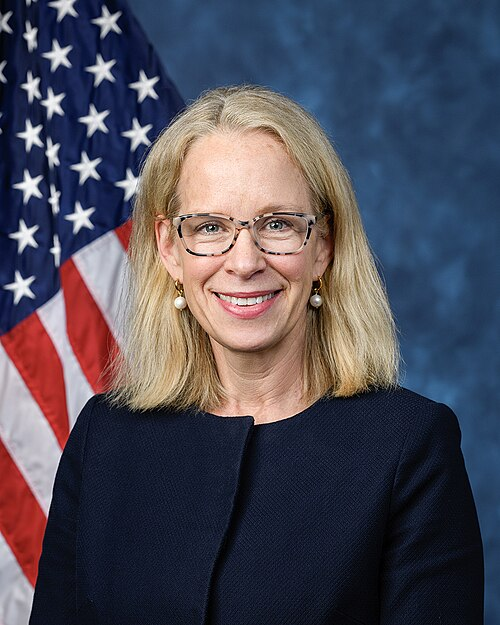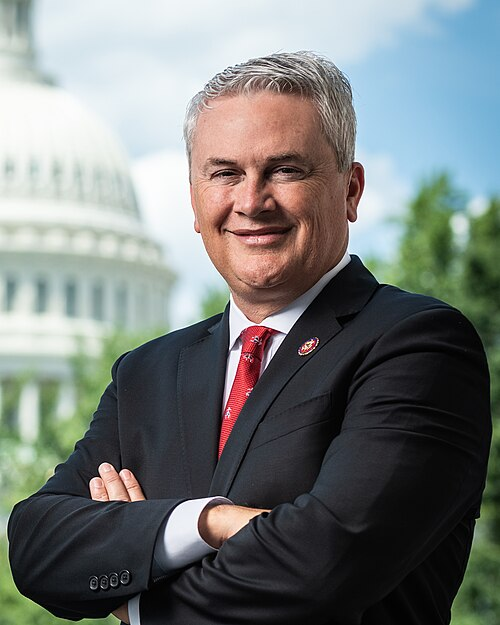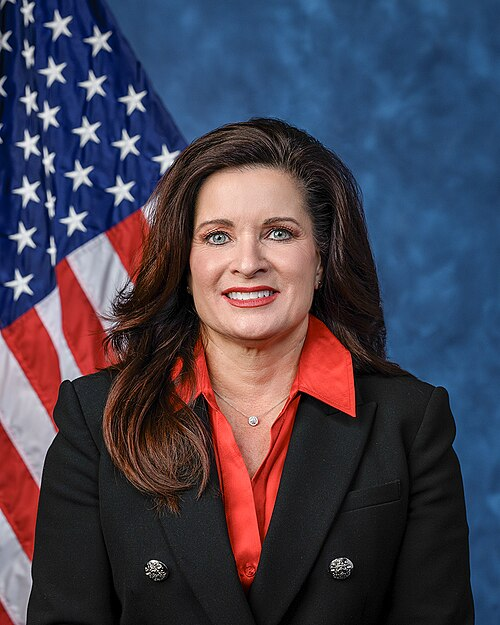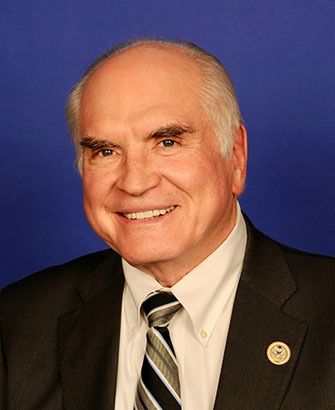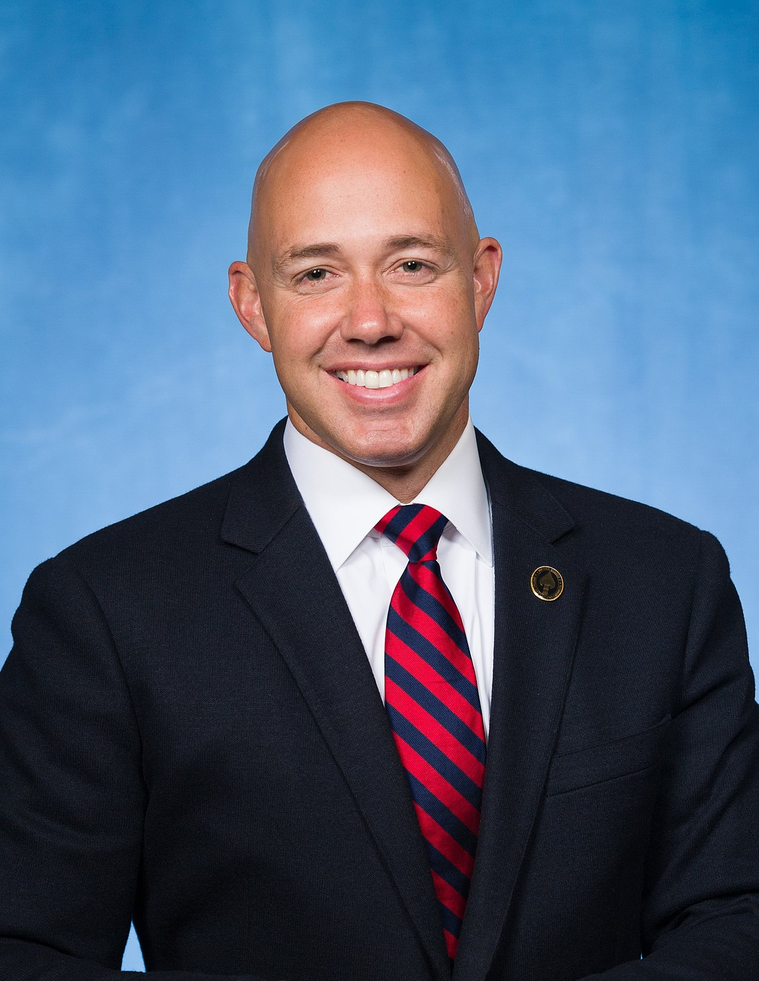H.R. 5550: Lower Internet Costs Act
This bill, known as the **Lower Internet Costs Act**, aims to change how broadband service providers disclose pricing to consumers and what fees they can charge. Here are the main components of the legislation:
Price Disclosure Requirements
The bill requires broadband service providers to clearly state the **aggregate price** for their services on customer bills and in promotional materials. This means:
- On customer bills, the total price must be shown as a single line item.
- If the price varies due to promotional offers, customers must be informed beforehand about when those promotional rates will change, along with the new price after the promotional period ends.
- Providers can include a breakdown of what constitutes the total price but cannot include additional fees that are not charged specifically for the broadband service.
Prohibition of Certain Fees
The bill prohibits broadband providers from charging certain types of fees, known as **covered fees**. These may include fees typically associated with network maintenance, compliance with local regulations, or any other fees deemed unnecessary by the Federal Communications Commission (FCC).
Requirements for Promotional Materials
When advertising prices, providers must also adhere to specific rules, such as:
- If a promotional rate is temporary, they must include information about what the price will change to after the promotion and how long the promotional price is valid.
- They need to inform consumers about where they can find the exact price for services based on their location if variations apply.
Application to Bundled Services
If broadband services are sold in a bundle with other services (like phone or cable), the bill requires that:
- The aggregate pricing rules apply to any charges specific to broadband within that bundle.
- Restrictions on certain fees also apply to the entire bundled service.
Exemptions
There are some exceptions within the bill. For example, the requirements regarding price disclosure do not apply to **legacy or grandfathered service plans**—those plans no longer available to new customers.
Definitions
Several terms are defined within the bill, including:
- Broadband service: Defined according to existing regulations regarding broadband Internet access.
- Covered fee: Fees that cannot be charged include those for compliance with state regulations, network maintenance and operations, local access charges, and fees for technical support.
Implementation Timeline
The Federal Communications Commission is tasked with implementing these regulations within **90 days** after the bill's enactment.
Relevant Companies
- CMCSA (Comcast Corporation): As a major broadband service provider, Comcast may need to adjust its billing practices and promotional disclosures significantly due to the changes required by this legislation.
- T (AT&T Inc.): Much like Comcast, AT&T would have to comply with the new pricing transparency and fee prohibition, impacting its business operations.
- VZ (Verizon Communications Inc.): Verizon, another key player in the broadband market, would need to revise how it presents pricing structures to customers.
This is an AI-generated summary of the bill text. There may be mistakes.
Sponsors
1 sponsor
Actions
2 actions
| Date | Action |
|---|---|
| Sep. 23, 2025 | Introduced in House |
| Sep. 23, 2025 | Referred to the House Committee on Energy and Commerce. |
Corporate Lobbying
0 companies lobbying
None found.
* Note that there can be significant delays in lobbying disclosures, and our data may be incomplete.











